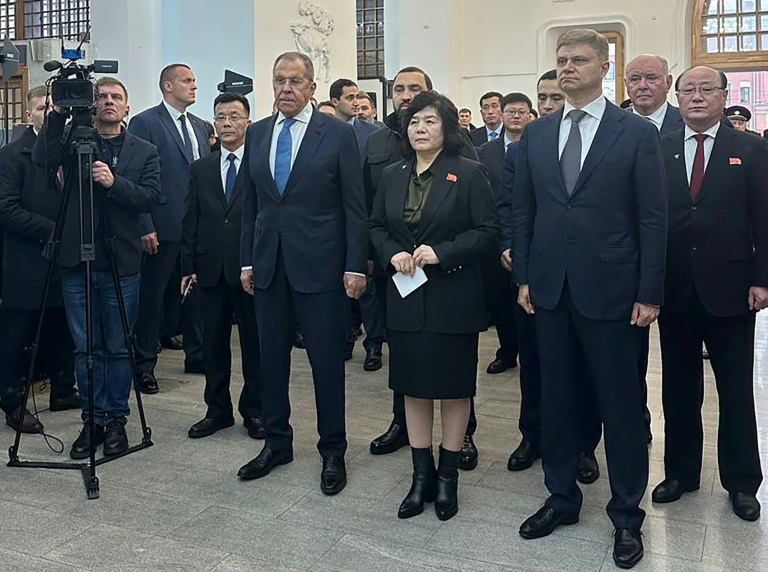Li Zhaozong, head of the National Administration of State Secrets Protection, made the remarks in an article published on Wednesday in the Communist Party mouthpiece, the People’s Daily.
The amended Law on Guarding State Secrets will come into effect in May. Its full text was made public on Tuesday after the country’s top legislature approved proposed changes following a second reading of draft revisions during a two-day session.
China’s top legislators weigh changes to state secrets law
China’s top legislators weigh changes to state secrets law
The amendments include a clause stipulating that personnel with access to classified information will be banned from travelling overseas without prior approval – even for a period after they leave the job or retire.
In the article on Wednesday, Li noted that the amended law had “important and far-reaching significance for building a firm defence for the security of state secrets in the new era”.
According to Li, it is necessary to build a “more scientific and comprehensive” system to manage state secrets so that “wherever the field of national security expands, the information security work will cover it”.
He said the law’s amendments focused on coordination with other laws relating to national security, forming “a rule-of-law synergy in safeguarding national sovereignty, security and development interests”.
Li pledged there would be further moves to raise awareness about state secrets and the law, and called for efforts to thoroughly implement the law, noting that “the vitality and authority of law lies in its implementation”.
He urged agencies and cadres involved in information security to take the lead in learning the law, and wrote that it was necessary to organise training and promotion to raise legal awareness among officials, cadres and personnel who had access to state secrets.
Li called for the public to be educated using extensive publicity that should create “a good atmosphere for secrecy work in the whole society” and to firmly establish an understanding of Chinese people’s obligation to keep state secrets confidential to build “a solid foundation among the masses”.
China spy agency renews foreign cyber intelligence warning after data breaches
China spy agency renews foreign cyber intelligence warning after data breaches
Zhao told the meeting the law should be well promoted alongside the introduction of other supporting regulations to ensure it is implemented effectively.
The amended law stipulates that keeping state secrets should be part of the national education system and training for civil servants. The media was also encouraged to improve public awareness about information security.
The law also addresses “work secrets”, noting that government departments should protect “matters arising from or acquired in work that are not state secrets but the disclosure of which would create certain negative effects”.







